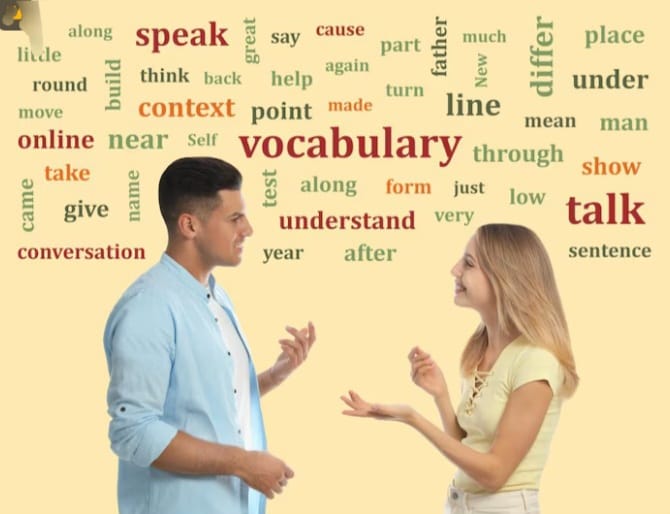Verbal Communication: The Ability to Articulate Ideas Clearly and Effectively Through Spoken Words
Verbal communication is a fundamental aspect of human interaction, encompassing the ability to express ideas, thoughts, and emotions through spoken language. It is a critical skill in both personal and professional contexts, enabling individuals to convey information, build relationships, and influence others. Effective verbal communication involves not only the clarity of speech but also the ability to listen, adapt, and engage with others in a meaningful way.
Key Components of Verbal Communication
Clear Articulation: The ability to pronounce words distinctly and correctly ensures that the message is understood as intended.
Precision: Using specific and accurate language helps to avoid ambiguity and ensures that the message is conveyed precisely.
Tone and Pitch:
Tone: The emotional quality of the voice can convey feelings and attitudes, such as enthusiasm, anger, or empathy.
Pitch: Variations in pitch can emphasize certain points and keep the listener engaged.
Pace and Rhythm:
Pace: Speaking at an appropriate speed allows the listener to process the information without feeling rushed or bored.
Rhythm: A natural flow and rhythm in speech can make the communication more engaging and easier to follow.
Volume:
Appropriate Volume: Speaking loudly enough to be heard without shouting ensures that the message is received clearly.
Modulation: Adjusting the volume to emphasize key points can enhance the effectiveness of the communication.
Active Listening: Paying full attention to the speaker, understanding their message, and responding thoughtfully.
Feedback: Providing verbal and non-verbal feedback to show understanding and engagement.
Adaptability:
Contextual Awareness: Adjusting the communication style based on the audience, setting, and purpose.
Flexibility: Being able to modify the message or approach in response to the listener's reactions and feedback.
Body Language: Gestures, facial expressions, and posture can complement and reinforce verbal messages.
Eye Contact: Maintaining appropriate eye contact can convey confidence and sincerity.
Importance of Verbal Communication
Personal Relationships:
Building Connections: Effective verbal communication helps in forming and maintaining personal relationships by expressing feelings, resolving conflicts, and sharing experiences.
Empathy and Understanding: It fosters empathy and mutual understanding, which are essential for strong interpersonal bonds.
Collaboration and Teamwork: Clear and effective communication is crucial for collaboration, teamwork, and achieving common goals in the workplace.
Leadership and Influence: Leaders who communicate effectively can inspire, motivate, and influence their teams more successfully.
Customer Relations: In customer-facing roles, verbal communication skills are vital for understanding customer needs and providing satisfactory solutions.
Negotiation: Effective verbal communication is key to negotiating and resolving disputes amicably.
Mediation: It helps in mediating conflicts by facilitating open dialogue and understanding between parties.
Engagement: Strong verbal communication skills are essential for engaging and captivating an audience during public speaking or presentations.
Persuasion: It aids in persuading and convincing others, whether in sales, marketing, or advocacy.
Practice and Preparation:
Rehearsal: Practicing speeches or conversations can help in refining the message and delivery.
Preparation: Being well-prepared with the necessary information and understanding the audience can enhance confidence and effectiveness.
Feedback and Reflection:
Seeking Feedback: Constructive feedback from others can provide insights into areas for improvement.
Self-Reflection: Reflecting on past communication experiences can help in identifying strengths and weaknesses.
Continuous Learning:
Language Skills: Expanding vocabulary and improving grammar can enhance the clarity and richness of communication.
Communication Techniques: Learning and applying various communication techniques, such as storytelling or rhetorical strategies, can make the message more compelling.
Mindfulness: Being present and fully engaged in the conversation can improve the quality of communication.
Emotional Intelligence: Understanding and managing one's own emotions, as well as empathizing with others, can lead to more effective and meaningful interactions.
Conclusion Verbal communication is a dynamic and multifaceted skill that plays a crucial role in various aspects of life. By focusing on clarity, tone, listening, adaptability, and non-verbal cues, individuals can enhance their ability to articulate ideas clearly and effectively. Continuous practice, feedback, and learning are essential for mastering this skill, which is indispensable for personal growth, professional success, and building strong relationships.









